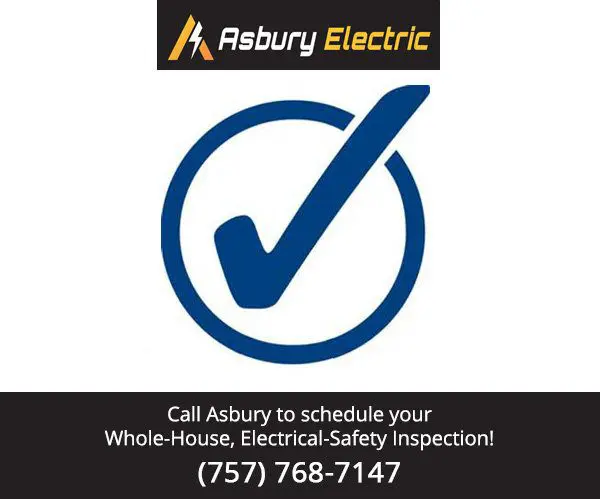The lifespan of your home’s electrical system is dependent upon how well it is maintained. Just like your floors and your roof, your electrical system goes through the usual wear and tear of life. Keeping up with electrical maintenance for older homes is key to extending the lifespan and making sure your home is a safe place. Certain electrical features can expire, while other things can become worn out because they are used all the time. We recommend having an electrical inspection completed on your home at least every ten years, if not sooner. This will ensure that everything is running efficiently and safely. It will also prevent small issues from becoming bigger, more costly ones. Here are a few signs that your electrical system is outdated and needs some full service electrical repairs.
Loose service-panel connections
Loose service-panel connections are the cause of more electrical fires than any other electrical problem. When electricity goes into your home, the panel tells it where to go – it is the brains of the operation. However, over time the wires in your service-panel can become loose for a variety of reasons, such as poor original work, vibrations, corrosion, or bad retrofitting. Inspecting the connections closely on a regular basis is one step you can take to ensure the safety of your loved ones. Having a professional come take a look is an even better idea.
Limited service-panel capacity
Another issue that can be problematic is the capacity of the service-panel. Electrical maintenance for older homes must include calculating how much electricity your home consumes, in regards to your service-panel. Depending on the year they were built, older homes are often equipped with panels that have a lower capacity. Think about the amount of electricity we used before computers and smart technology. Although many new electrical items in the home are energy efficient, we are still using more devices, which means we might be using more electricity than our panel was built to handle. One warning sign that your panel has maxed out it’s capacity is if your circuit breaker often shorts out, or if you notice the lights in your home flickering frequently. Ask an electrician to check out your service-panel and talk to them about how much electricity you use in your home to determine if you need to upgrade to a service-panel with a higher capacity.
Outdated wiring
Depending on how old your home is, you made need to install new wiring to keep your home safe. Older wires can wear out, causing a fire hazard. They may also just not work reliably or efficiently. Adding newer wiring that is connected to older wiring can also be a safety issue. Asking an electrician to look at your home’s wiring system will help you to know if it is time for an update.
No GFCI outlets
If you have an outlet near a water source – such as in the kitchen or bathroom, it should be a ground fault circuit interrupter (GCFI). GCFI outlets work by automatically shutting off if they sense an imbalance between incoming and outgoing current. An imbalance can be created if an appliance being used comes into contact with another conductor. A common example is, while using a hair dryer, you drop it into a sink of water. The water causes a surge in electricity, which could electrocute you. However, the GFCI outlet will sense the surge and shut off. Older homes may not have GFCI outlets in the proper places because they weren’t invented until the 1960s, and weren’t nationally mandated until 1973.
Electrical maintenance for older homes is a key aspect in keeping your family safe and your home functioning efficiently. While it is important to have a professional inspect your home’s electrical system, you can also monitor things so you know when to call in a professional. Asbury Electric is here to help in any way we can – whether it’s answering questions, completing an inspection, full service electrical repairs, or helping you determine when it’s time for an upgrade. Don’t wait until something goes wrong with your electrical system – be proactive to keep your loved ones safe and to save yourself money. Make a little fix while the problem is still small.
For more information on electrical maintenance for older homes, check out https://www.thisoldhouse.com/how-to/10-wiring-problems-solved

